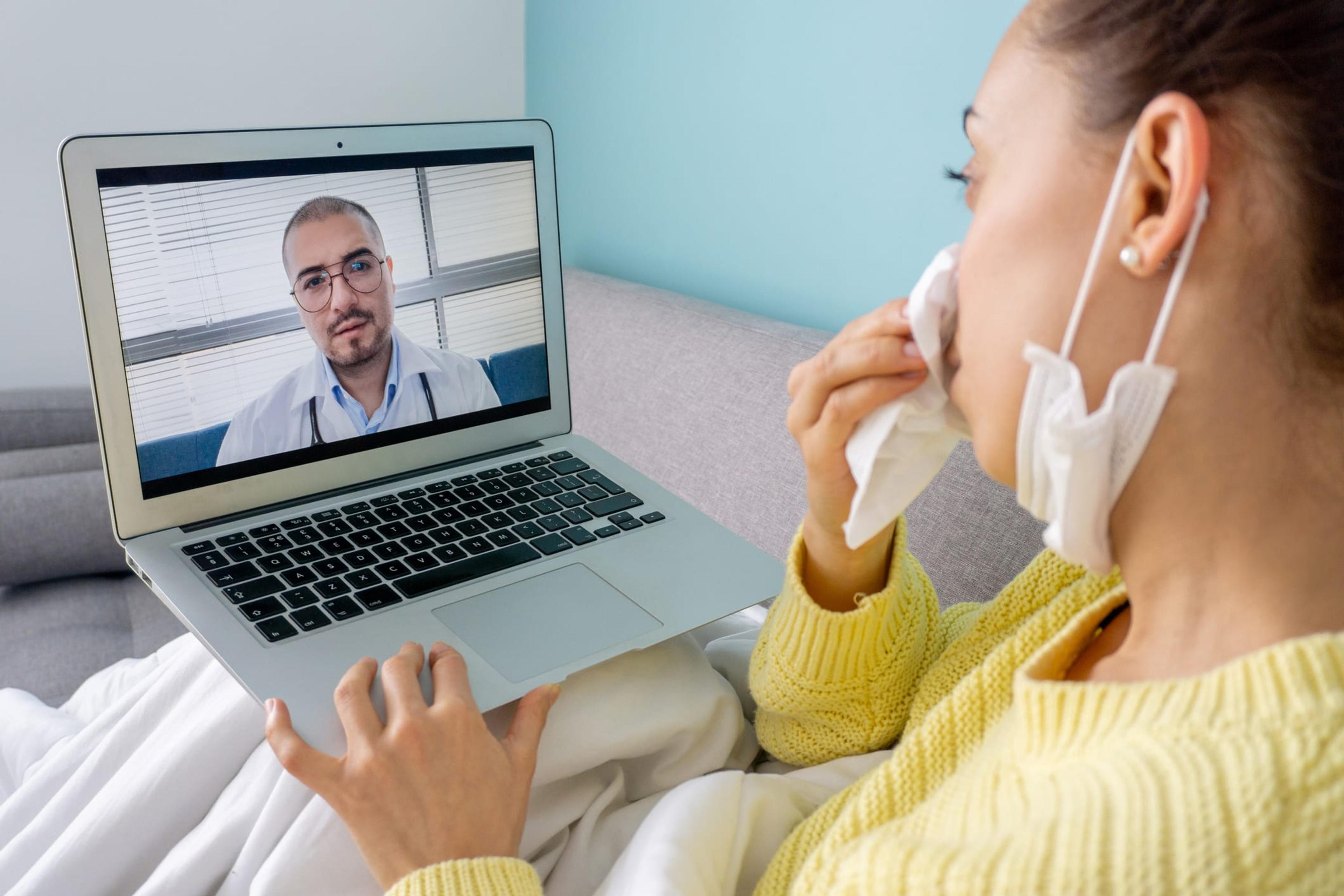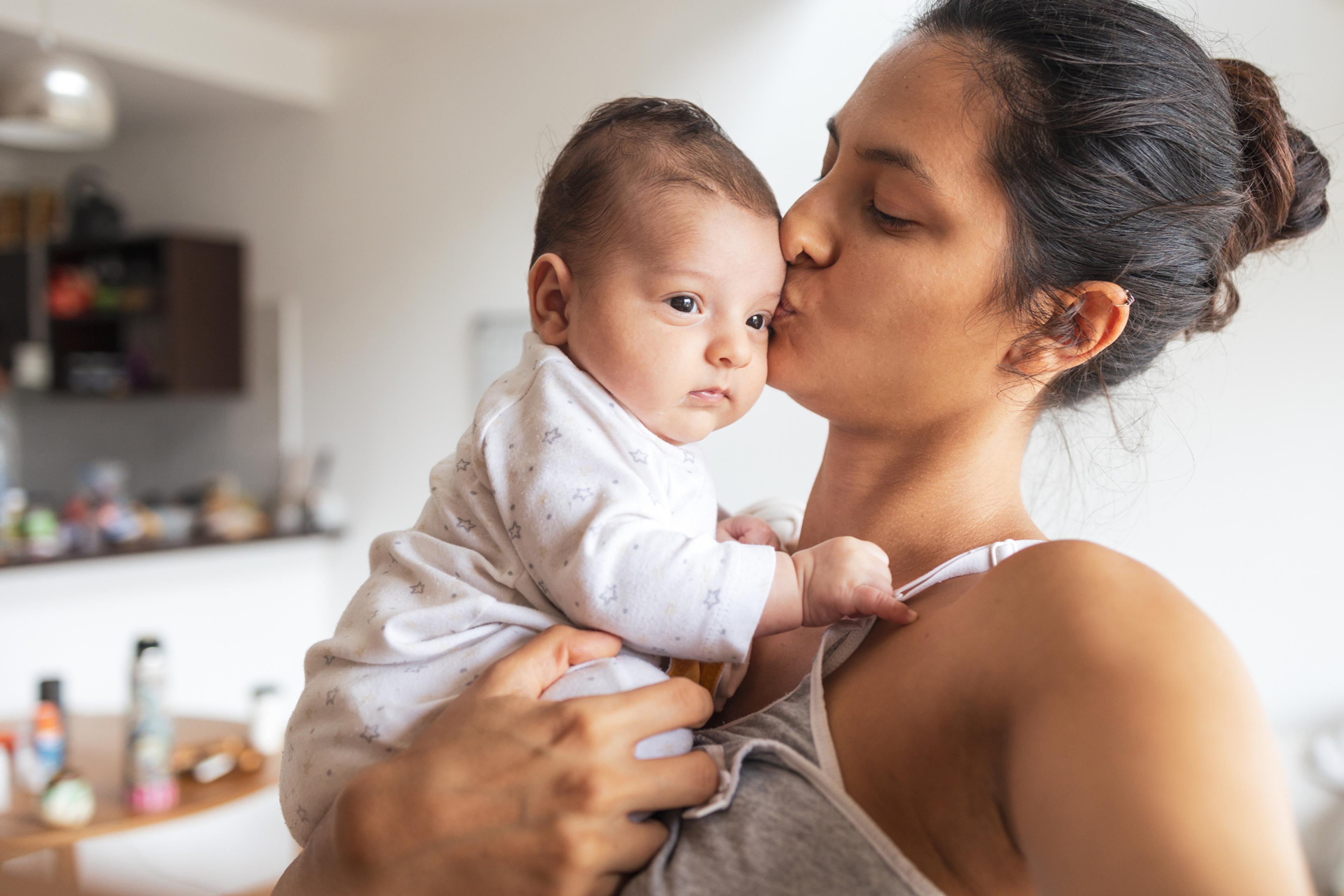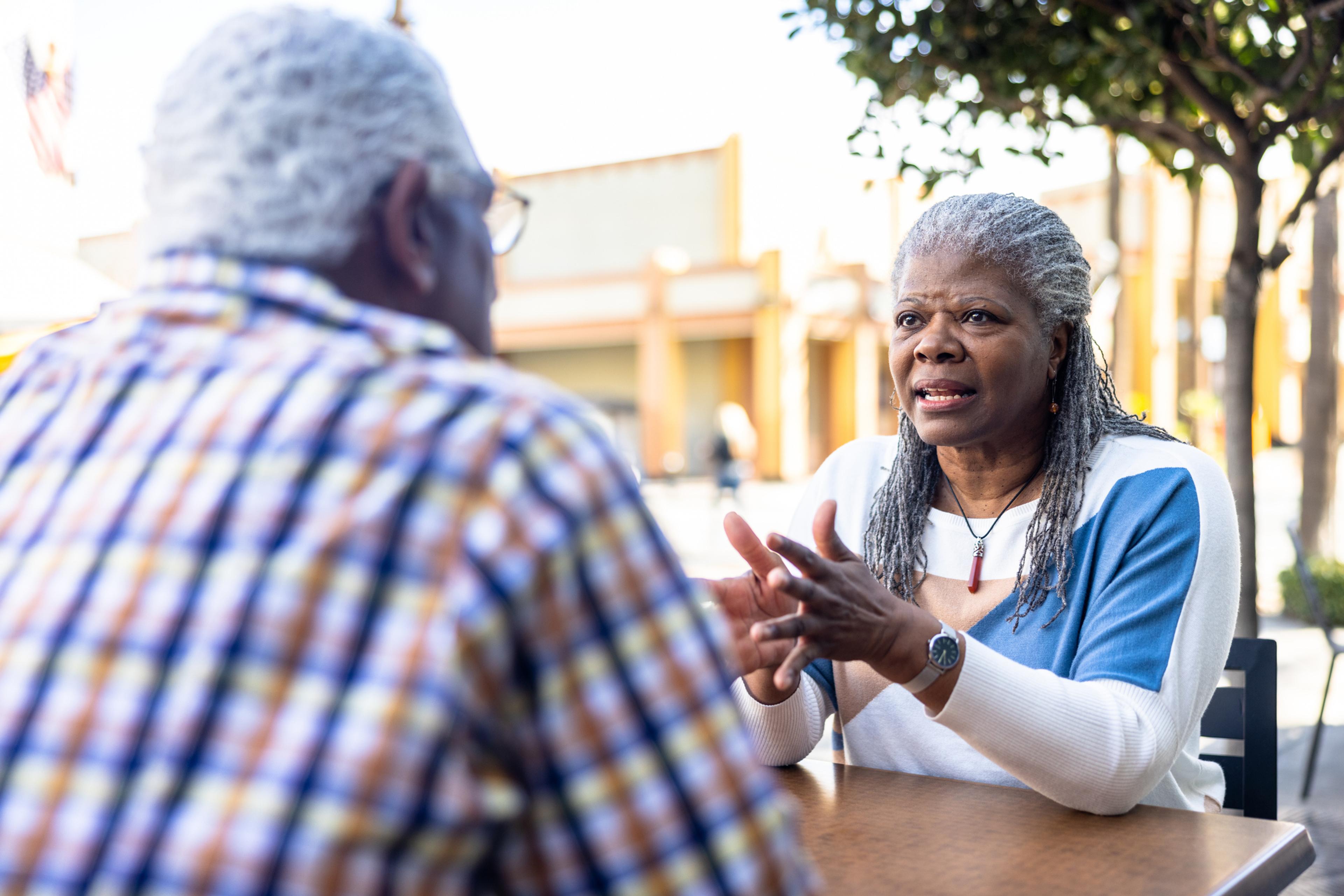
COVID-19 is still spreading in communities across Michigan. The summer months saw an increase in confirmed cases as mandatory stay-at-home orders ended and recreational activities opened back up. The Michigan Department of Health and Human Services still recommends staying at home as much as possible, especially if you are at higher risk of serious illness. While it is mainly spread through person-to-person contact, the chances of being exposed to COVID-19 go up as we begin spending more time with friends and family. With potential exposure always present, it is important to know your responsibilities if you have been exposed to COVID-19.
HOW YOU CAN BE EXPOSED
Typically, you need to be in close contact with a person who has COVID-19 while they are contagious to get infected. Close contact may include:
- Living with a person who has COVID-19
- Providing care for a person who has COVID-19
- Being within six feet of a person who has COVID-19 for at least 15 minutes
- Having exposure to respiratory discharges (being coughed or sneezed on, sharing a drinking glass, etc.)
If someone has COVID-19, they are considered to be contagious starting from two days before they became sick, or two days before they tested positive if they never had symptoms, until they meet the criteria to end their isolation.
WHAT TO DO IF YOU’VE BEEN EXPOSED
If you have come into close contact with someone who has COVID-19 as described above, there are precautions you need to take to ensure the safety of your friends, loved ones and those in your community. The precautions include: Stay home. Most people with COVID-19 have mild illness and can recover at home without medical care. Do not leave your home, except to get medical care. Do not visit public areas. Avoid any public transportation such as ride-sharing or taxis. Take care of yourself. Get rest and stay hydrated. Take over-the-counter medications to help manage symptoms and reduce fever. Stay in touch with your doctor. Call before you get medical care. Be sure to get care if you have trouble breathing or have any other emergency warning signs or if you think it is an emergency. Talk to your doctor to ask about getting tested because of your exposure. Separate yourself from other people. This includes even the people and pets you live with. As much as possible, stay in a specific room. If possible, you should use a separate bathroom. If you have to be around other people or animals in or outside of your home, wear a mask. Monitor your symptoms. The symptoms of COVID-19 include fever, cough and shortness of breath, among others. Follow care instructions from your health care provider and local health department. It may take up to 14 days after an exposure for you to develop COVID-19. Follow these steps for 14 days from when you last had contact with the infected person. Follow this guide to see when you can end your self quarantine.
GUIDANCE FOR LESS CLEAR AREAS
Flu season is around the corner, and some flu symptoms are similar to symptoms of COVID-19, making it hard to tell the difference. While testing may be needed to help clarify, it is important to know the differences and to know when to stay home. A key difference in symptoms is severe shortness of breath or difficulty breathing that some may experience if infected with COVID-19. Many other symptoms, such as a fever, cough, sore throat, fatigue and body aches are common with both the flu and COVID-19. You should stay home until at least 24 hours after you’ve experienced a fever of 100 degrees or higher. If you experience any flu or COVID-19 symptoms, it is best to consult your health care provider. Related:
- Coronavirus outbreak: What you need to know
- Building Healthy Communities program meeting the unique needs of students during pandemic
- Pandemic perspective: Navigating an uncertain future
Photo credit: Hispanolistic





